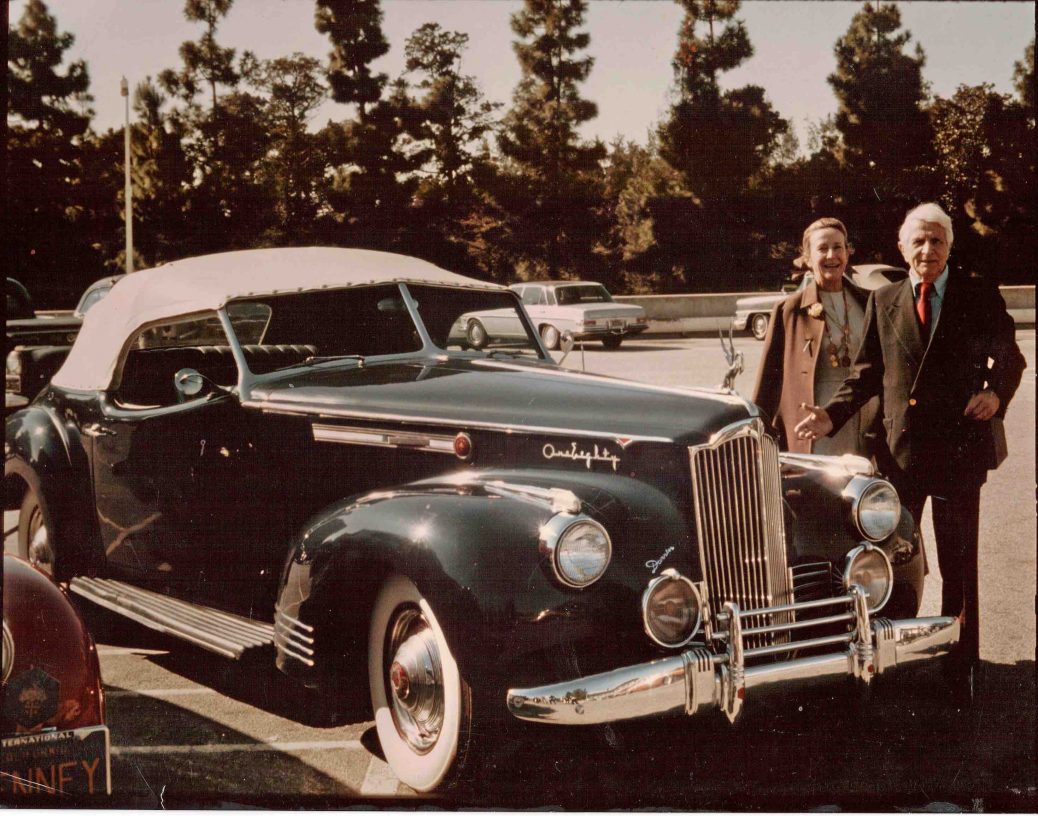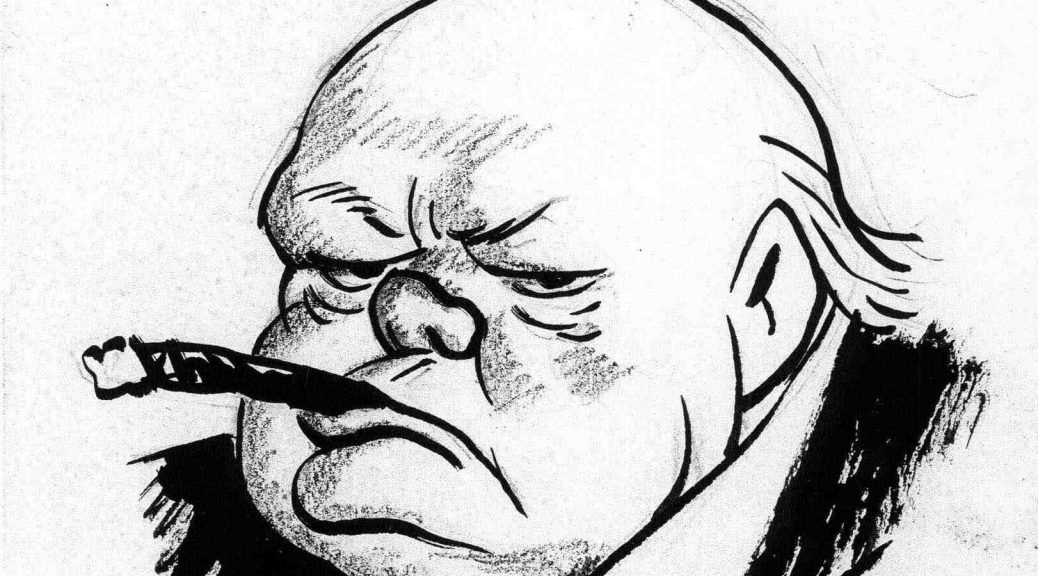
The Packard Adventures of Howard A. “Dutch” Darrin, Part 2
A chance meting with Darryl Zanuck brought Darrin back to America—at exactly the right time. The custom coachbuilding business was waning, semi-customs were in, and Packard needed a new body style. Continued from Part 1…
Excerpt: For full text and illustrations and a roster of Packard Darrins, see The Automobile, May 2017.
Darrin frequently hobnobbed with the Good and the Great. One day in 1934, at the Paris Polo Club, a club director approached: “There’s an American out on the playground with a horse and polo mallet; please see if you can help him.” Dutch went out and met film producer Darryl Zanuck—who invited him to Hollywood.…








